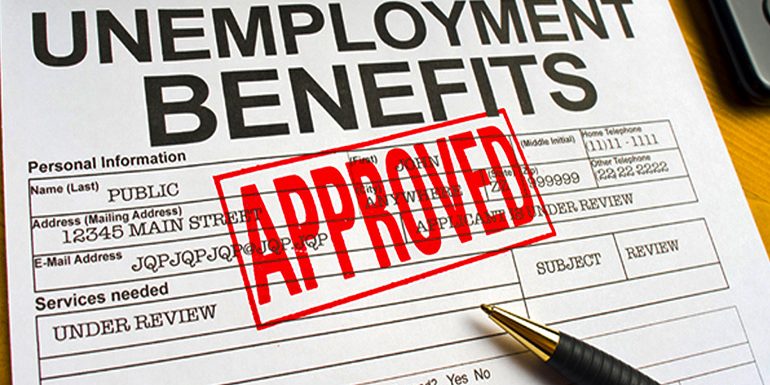Cracking the Code: Successfully Apply for Social Security Disability Insurance (SSDI)

Understanding the Eligibility Requirements for SSDI: What You Need to Know
Overview of SSDI Eligibility Requirements
Social Security Disability Insurance (SSDI) provides financial assistance to individuals who are unable to work due to a disability. To qualify for SSDI, applicants must have a disability that is expected to last at least one year or result in death. They must also be unable to engage in any substantial gainful activity (SGA) and have earned enough work credits through Social Security contributions to qualify for disability benefits. Applicants must provide medical evidence of their disability and meet certain non-medical requirements such as being a U.S. citizen or legal resident and not having any other sources of income.
Navigating the SSDI Application Process: Tips for a Smooth Experience
The SSDI application process can be complex and time-consuming. Here are some tips to help applicants through the process:
- Gather all necessary documents
- Understand the eligibility requirements
- Complete the application accurately
- Follow up with your doctor
- Stay organized
- Get professional help if needed
Common Mistakes to Avoid When Applying for SSDI
Some common mistakes to avoid when applying for SSDI include not applying early enough, not providing enough information, not following up with the SSA, not seeking professional help, not understanding the requirements, and not being honest.
How to Gather the Necessary Documentation for Your SSDI Application
Applicants for SSDI are required to provide certain documentation such as medical records, proof of work history, proof of identity, and proof of citizenship or legal residency. Gathering the necessary documentation can be time-consuming, but it is important to provide the SSA with all the required information in order to process the application.
Exploring the Benefits of SSDI: What You Need to Know
SSDI provides a variety of benefits to those who qualify, including monthly cash payments, Medicare or Medicaid coverage, and access to vocational rehabilitation services. The amount of benefits an individual receives depends on their work history and the severity of their disability. Additionally, SSDI recipients may be eligible for additional benefits such as Supplemental Security Income (SSI) and Social Security Disability Insurance (SSDI) work incentives.
meta name=”keywords” content=”SSDI, disability eligibility, disability application, disability documentation”>



